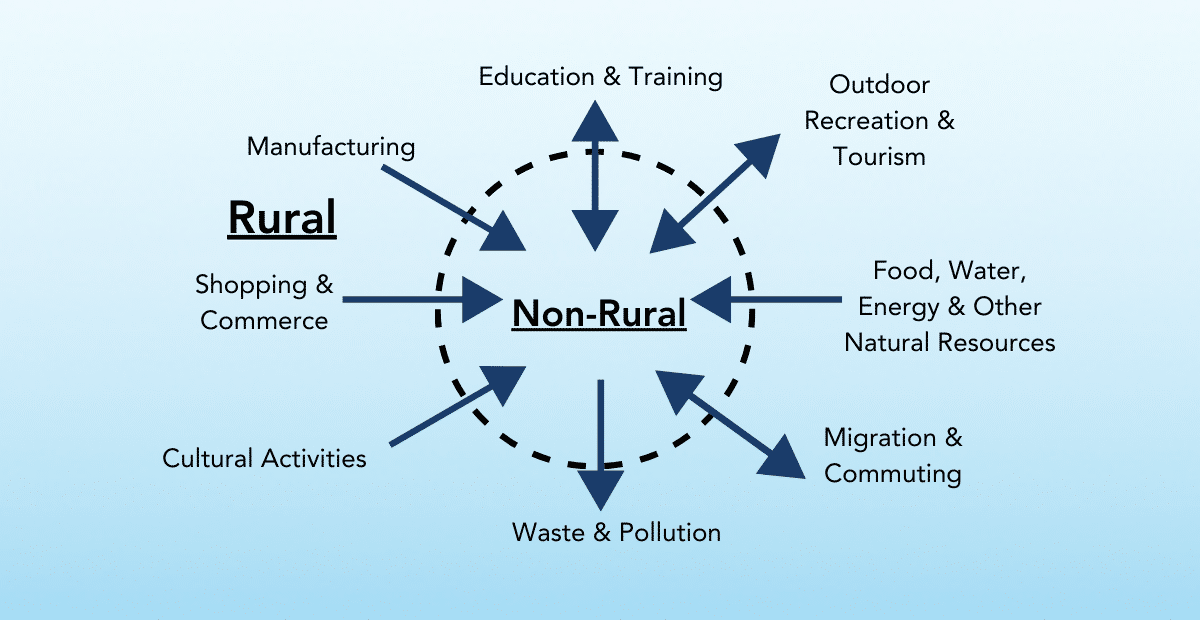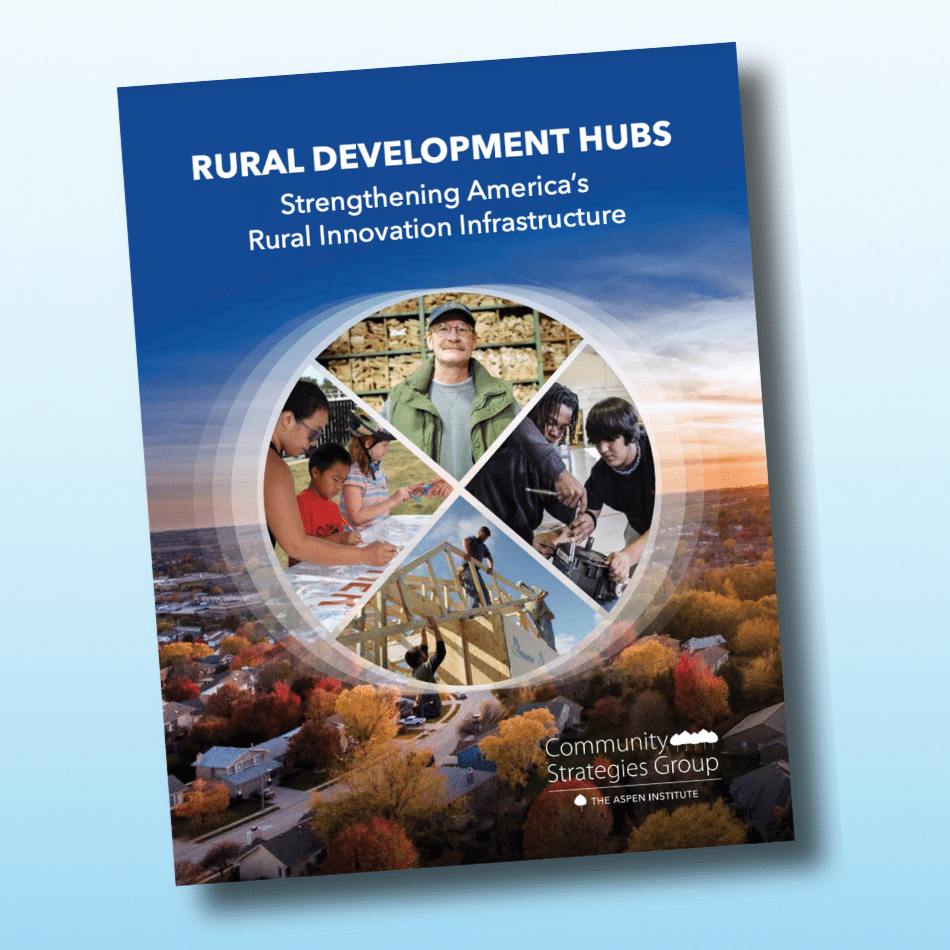View this Publication
Paper argues that part of the problem of uneven development of rural regions stems from an inadequate understanding of the spatial dimension.
Paper reviews the meaning of uneven development and its formulations in rural-oriented social science. Then author notes how such a failure combines with other problematic aspects of the study of rural society to hamper theoretical progress. Aspects include rural economic production, political economy.
Paper provides implications for students of rural uneven development: (1) understanding that geography is socially constructed as well as structuring of social life, (2) necessity of location the actors, ideologies, and political economic events and force that respond to geography, (3)the recognition that in an advanced capitalist society the actors include the various forms of capital, the state, classes, and other collectives, (4)the importance of multilevel analysis including all layers of social life from macro to micro, (5) the importance of linking time and space in understanding simultaneous interplay of historical, spatial, and social factors.








